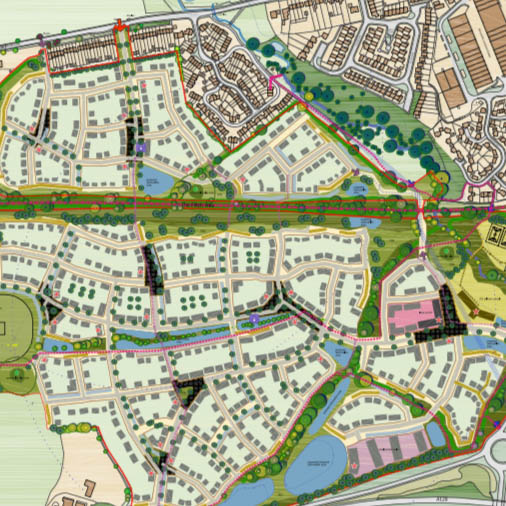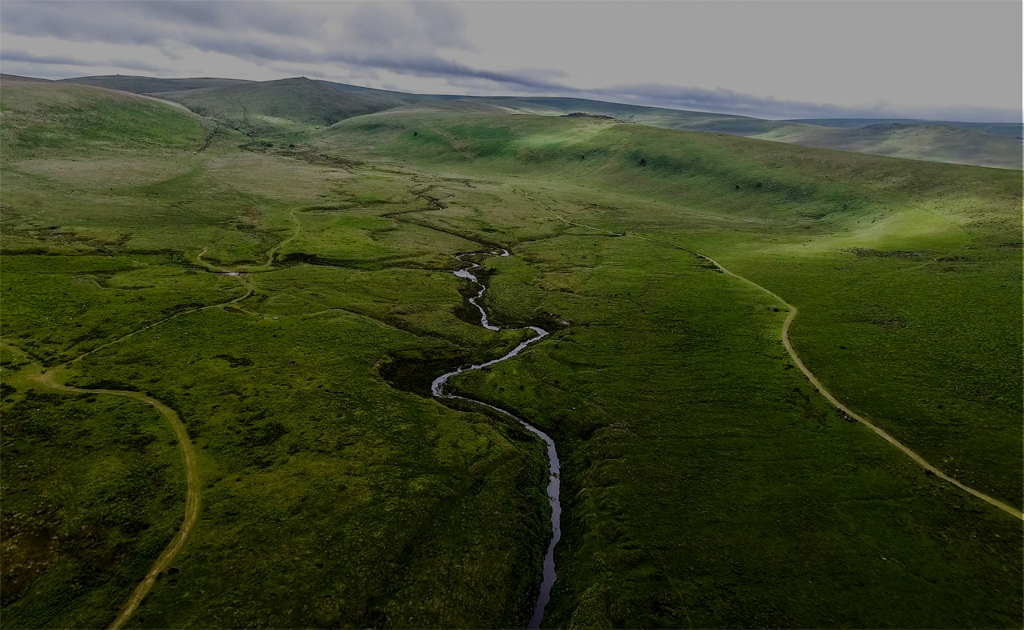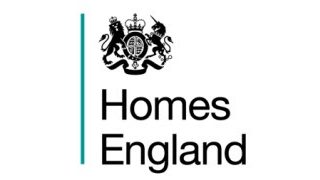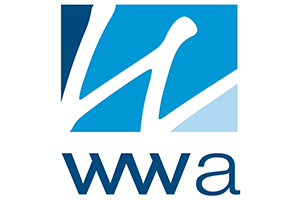What We Do
We are an independent environmental consultancy specialising in environmental planning and EIA. Our key areas of specialism include the co-ordination of Environmental Impact Assessments, environmental planning support and the provision of specialist technical advice on hydrology, flood risk assessment, water quality and water resources. Our understanding of the planning process allows us to provide bespoke technical advice on environmental issues on new development projects. We are able to provide experienced technical advice at all stages of the planning process from site acquisition, through negotiations with statutory authorities to the submission of a planning application and the successful discharge of planning conditions.
Environmental Impact Assessment
RMA is able to assist at all stages of the EIA process, from the provision of specialist technical studies to the co-ordination of and technical input into a full EIA.
For larger developments, the proposals may be classified as EIA development, as set out in the Environmental Impact Assessment Regulations 2017.
The requirement for EIA is set out in Schedule 1 and Schedule 2 of the Regulations.
Schedule 1 developments are large scale projects, such as power stations, that require EIA in every case. Schedule 2 of the Regulations provides a list of development types and size thresholds above which EIA is likely to be needed. The Local Planning Authority is responsible for determining if EIA is required – this process is known as EIA Screening. A formal request can be made to the Local Authority for a Screening Opinion, who have a statutory period of 3 weeks to respond.
Should development proposals require EIA, the key first stage of the process is known as EIA Scoping. This is a crucial step as it involves defining the scope of the EIA and potentially allows a number of studies to be ‘scoped out’ of the EIA process, resulting in savings on cost and time. As for EIA Screening, a formal submission (of a Scoping Report) can be made to the Local Authority, who have a statutory period of 5 weeks to respond.
The final stage in the EIA process is to carry out the agreed scope of assessment work, design mitigation measures where required and compile the results into an Environmental Statement.
Environmental Planning
RMA is able to assist at all stages of the environmental planning process, from the provision of specialist technical advice at the site acquisition stage, through the provision of technical reports for the planning application and the subsequent discharge of planning conditions. Planning applications for new developments often require specialist environmental studies to be carried out. These can take a variety of forms, from specialist technical reports such as Flood Risk Assessments, Ecology Surveys, Tree Surveys or Landscape and Visual Impact Assessments to Environmental Appraisal Reports covering several environmental topics in a single document.
We are able to provide the full range of environmental planning services including all the technical disciplines required to build a full environmental planning team.
Our team of specialists has many years of experience in environmental planning and have worked together on a large number of successful development projects across the UK. The key technical services that we are able to offer include assessments in the following environmental disciplines:
- Air Quality & Odour
- Arboriculture
- Archaeology & Cultural Heritage
- Climate Change
- Ecology & Nature Conservation
- Flood Risk
- Landscape & Visual Impacts
- Noise & Vibration
- Socio-Economics
- Soils, Geology & Contamination
- Sustainability
- Traffic & Transport
- Water Quality & Hydrology
Flood Risk and Hydrology Services
Flood risk is a key consideration in the development process, receiving increased levels of attention from both planning authorities and local communities. The National Planning Policy Framework requires all development proposals in flood risk areas to be supported by a site-specific Flood Risk Assessment and sets out the acceptability of different types of development in flood risk areas. This can have an impact on the feasibility of some development and, therefore, it is important to acquire experienced advice early on in the development process.
RMA are able to provide early professional advice on the challenges and opportunities for your projects in order to maximise the development potential whilst ensuring a safe and sustainable development is realised. Our approach involves early engagement with relevant authorities to ensure that development proposals meet with the expectation of both authorities and our clients.
Much of the UK has been modelled and mapped to indicate areas of flood risk; however, these include a number of assumptions and limitation that can often be challenged. We have a specialist team experienced in making successful flood map challenges, which results in a more accurate understanding of the flood risk allowing better risk management decisions to be made and the unlocking of land for development projects.
All new development has to ensure that it does not increase flood risk elsewhere and should, where possible, identify opportunities to reduce flood risk to local communities. This primarily involves the use of Sustainable Drainage Systems to manage the surface water generated by new development. RMA have successfully prepared drainage assessments that meet the requirements of Lead Local Flood Authorities and the expectations of our Clients.
If you have a project, where you require advice on flood risk or drainage matters, get in touch to discuss how we can assist.
Water Quality
RMA is able to assess existing or future impacts on water quality and resources and ensure appropriate mitigation is put in place to control any adverse effects. There are two key current issues with regard to water quality and water resources; firstly, recent legislation is aimed at tightening controls on discharges and abstractions and, secondly, planning controls are being enforced on water demand associated with new development projects. Both issues are discussed below. The Water Framework Directive (WFD) aims to improve the biological and chemical quality of our inland waters to a minimum ‘good’ ecological status by the end of 2015. This impacts on existing and future businesses as well as future developments. The principal effect of the WFD is to more closely regulate existing or proposed discharges to or abstractions from the aquatic environment. Where an existing or proposed discharge or abstraction is likely to affect a receiving water, assessment will be required to establish the current and predicted future chemical and biological status of the watercourse and to design management measures to control any significant impacts.
Water resources in parts of England are under pressure and proposals for new abstractions or an increase in demand (such as that from a new housing development) need to carefully consider the sustainability of resources.
Our key water services are:
- Water Quality Monitoring – Chemical & Biological
- Aquatic Ecological Assessment
- Water and Wastewater Treatment Feasibility Studies
- Water Quality Modelling
- Chemical Risk Assessment
- Water Quality and Resource Impact Studies
- Sustainable Water Use Studies
- Environmental Permitting
Client Portfolio
Our clients include developers, planning consultants, architects, consulting engineers, government bodies, regulators and commercial businesses as well as other environmental consultancies
Get A Quote Today
If you have any enquires or need a quote then please fill out the form below
We look forward to hearing from you



















